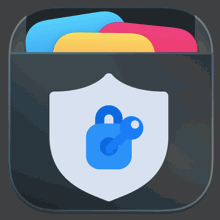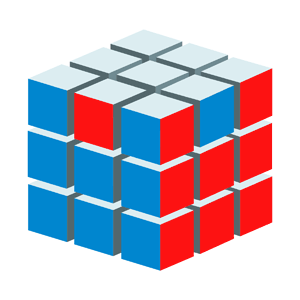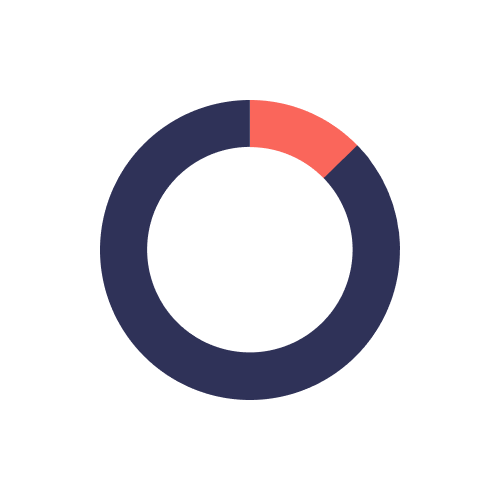Description
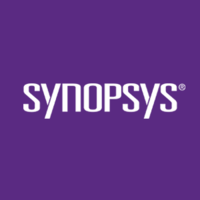
Synopsys
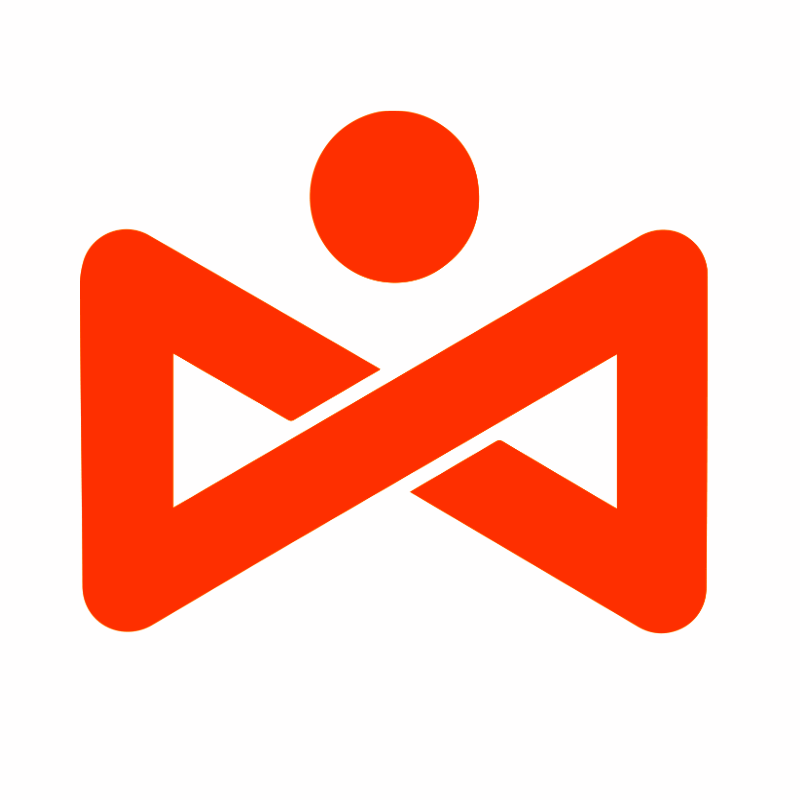
Xygeni
Comprehensive Overview: Synopsys vs Xygeni
Synopsys and Xygeni are two distinct entities in the technology field, each with unique offerings and areas of expertise. Below is a detailed overview of each, including their primary functions, target markets, market presence, and key differentiating factors.
Synopsys
a) Primary Functions and Target Markets:
-
Primary Functions: Synopsys is a global leader in electronic design automation (EDA), semiconductor IP, and software security and quality solutions. The company's tools and services are used in the design and verification of integrated circuits (ICs) and silicon chips. Synopsys also provides software analysis and testing solutions which help in ensuring security and quality in applications, especially those embedded within IoT, automotive, and mobile devices.
-
Target Markets: Synopsys primarily targets semiconductor and electronics industries, working closely with chip manufacturers, tech companies involved in hardware development, as well as industries focused on enhancing software security, such as automotive, IoT, and enterprise software sectors.
b) Market Share and User Base:
-
Market Share: Synopsys is one of the leading companies in the EDA industry, often competing with other giants like Cadence Design Systems and Mentor Graphics (Siemens EDA). Synopsys holds a substantial share of the EDA market due to its comprehensive offerings and strong reputation.
-
User Base: The company serves a broad and diverse user base, ranging from small fabless semiconductor companies to large multinational tech corporations that rely on Synopsys' tools for chip design and testing.
c) Key Differentiating Factors:
-
Comprehensive Portfolio: Synopsys offers an end-to-end suite of EDA tools and services, making it a one-stop shop for semiconductor design companies.
-
Innovation in AI: Synopsys has been incorporating AI into its tools to enhance design efficiency and optimize performance, which is a significant differentiator in the progressive tech landscape.
-
Software Security Expertise: Through acquisitions like that of Black Duck Software and Coverity, Synopsys has bolstered its capability in providing software security analysis, setting its software quality solutions apart from traditional EDA competitors.
Xygeni
a) Primary Functions and Target Markets:
-
Primary Functions: Xygeni specializes in Configuration and Change Management for IT infrastructures. It offers solutions aimed at preventing configuration drift and ensuring compliance and security across IT environments. Their tools often provide automation, visibility, and control over configurations in both cloud and on-premises infrastructures.
-
Target Markets: Xygeni's tools cater to IT departments across various industries, particularly those with complex IT environments such as finance, healthcare, telecom, and large enterprises that require stringent compliance and operational standards.
b) Market Share and User Base:
-
Market Share: As a niche player in IT configuration management, Xygeni operates in a competitive space with various specialized and broader IT management tools. Its market presence is not as prominent as giants in IT operations but it serves a specific need within its domain.
-
User Base: Xygeni targets enterprises that seek to manage complex, multi-cloud environments with a keen focus on compliance and security. This might include IT administrators and security officers in mid to large-scale organizations.
c) Key Differentiating Factors:
-
Focus on Compliance and Security: Xygeni emphasizes maintaining compliance and security in IT configurations, providing detailed auditing and reporting capabilities which distinguish it from more generalized IT management solutions.
-
Automation and Integration: The ability to automate change tracking and integrate seamlessly with other IT management systems is a crucial differentiator for organizations looking to streamline operations and reduce manual oversight.
-
Adaptability to Cloud and Hybrid Environments: Xygeni's solutions are designed to support modern IT infrastructures that are typically hybrid or multi-cloud, emphasizing flexibility and modern compatibility.
Comparative Perspective
In summary, while Synopsys and Xygeni operate in different technological domains—Synopsys in semiconductor design and software security, and Xygeni in IT infrastructure management—they both address critical aspects of technology and provide specialized tools to enhance efficiency, security, and compliance respectively within their targeted industries. Their differences in market domain, user focus, and key differentiators highlight their unique roles in the broader technology landscape.
Contact Info

Year founded :
Not Available
Not Available
Not Available
Not Available
Not Available

Year founded :
2021
Not Available
Not Available
Spain
http://www.linkedin.com/company/xygeni
Feature Similarity Breakdown: Synopsys, Xygeni
As of my last update, I don't have specific and detailed information about a product named "Xygeni" from Synopsys or any other company. However, I can give you a general breakdown based on typical feature sets found in application security and electronic design automation (EDA) tools, which Synopsys is known for. If there is a new product or specific details about "Xygeni" that have emerged after my last update, you might need to consult recent sources directly or visit the companies' respective websites for the most accurate and current information.
General Feature Similarity Breakdown for Synopsys Products:
a) Core Features in Common:
- Static Code Analysis: Many of Synopsys's tools, especially those focused on software security, include static analysis features to detect vulnerabilities in the code.
- Open Source Risk Analysis: Tools from Synopsys often involve scanning and analyzing open-source components used within a codebase to identify and mitigate security risks associated with them.
- Compliance Reporting: Both may offer detailed reporting features to help maintain compliance with various security standards and regulations.
- Integration with CI/CD Pipelines: Synopsys products frequently provide integrations with existing CI/CD tools to ensure security assessments fit seamlessly into the development workflow.
b) User Interface Comparison:
- Usability and Design: Synopsys products tend to have robust user interfaces with a focus on providing detailed analytics and reports. They are often designed with professionals in mind who require in-depth security and compliance insights.
- Customization and User Experience: The interfaces typically allow for customization to tune the analysis results to meet specific organizational needs. They may provide dashboards that aggregate results and offer easy navigation through vulnerabilities and compliance issues.
- Visual Representations: Graphical elements like charts and graphs to visualize data trends and security metrics are common, though the sophistication and design aesthetics can vary between products.
c) Unique Features:
- Synopsys Unique Features:
- Black Duck: One of Synopsys's well-known tools, Black Duck, specializes in open-source license management and security, offering features to control license compliance and manage open-source code use.
- Coverity: This tool offers deep static analysis and a unique approach to identifying structural issues within code, known for its accuracy in detecting complex vulnerabilities.
- (Hypothetical Features for Xygeni if it were an actual product):
- If Xygeni were designed in the context of security or development, it might hypothetically offer unique integrations with modern cloud-native environments or enhanced machine learning capabilities for anomaly detection that aren't as prevalent in other Synopsys tools.
- It could also hypothetically introduce unique user collaboration features for team-based development and security assessments, which could be a point of differentiation.
Conclusion:
Different products within a company's portfolio, even those addressing similar domains, can vary significantly in features, target audience, and integration capabilities. If Synopsys has indeed released a product named "Xygeni," or if it's a different company's tool, I recommend consulting official sources for an accurate and detailed comparison.
Features

Security and Compliance
Development and Testing Tools
Software Quality and Performance

Data Management
Collaboration Tools
User-Friendly Interface
Best Fit Use Cases: Synopsys, Xygeni
a) Synopsys: Best Fit Use Cases
Types of Businesses or Projects
-
Semiconductor and Electronics Companies: Synopsys is a leading provider of electronic design automation (EDA) software. It is an ideal choice for companies involved in designing integrated circuits, chips, and other electronic components. The software facilitates complex design and verification processes, making it indispensable for semiconductor manufacturers.
-
Software Development Organizations: With its suite of tools for application security testing, Synopsys is well-suited for businesses focused on building secure software applications. It helps in identifying vulnerabilities early in the development lifecycle.
-
Automotive Industry: Synopsys provides solutions for automotive electronics and software, which are crucial for developing autonomous driving systems and advanced driver-assistance systems (ADAS).
Scenario-based Use Cases
- Complex chip design and validation requiring robust simulation tools.
- Software projects that demand stringent security and compliance checks throughout development.
- Automation and optimization of industrial electronic design processes.
b) Xygeni: Preferred Use Cases
Types of Businesses or Projects
-
Data-Centric Enterprises: Xygeni focuses on data governance, making it ideal for businesses that manage large volumes of sensitive or regulated data, such as finance, healthcare, and retail.
-
Enterprises Needing IT Infrastructure Management: Xygeni's tools can streamline IT operations, making it a great fit for companies aiming to optimize IT resources and operational efficiency.
Scenario-based Use Cases
- Organizations working under strict data protection regulations like GDPR, requiring detailed tracking and control over data access and usage.
- Companies looking to automate and improve the management and monitoring of their IT environments.
d) Industry Verticals and Company Sizes
Synopsys
- Industry Verticals: Primarily serves the semiconductor, automotive, aerospace, and technology sectors.
- Company Sizes: Best suited for large enterprises and corporates that have the resources to invest in comprehensive EDA solutions, as well as established tech companies involved in cutting-edge R&D.
Xygeni
- Industry Verticals: Strong presence in industries with a focus on data security and IT management, such as finance, healthcare, and government.
- Company Sizes: Can cater to both medium and large enterprises, particularly those requiring sophisticated data governance and IT infrastructure management solutions. Smaller businesses that need specialized data handling might also find value if they have specific regulatory compliance needs.
Both Synopsys and Xygeni offer specialized tools that address distinct areas of technology and business needs, catering to different industries by focusing on their unique challenges—be it electronic design or data governance.
Pricing

Pricing Not Available

Pricing Not Available
Metrics History
Metrics History
Comparing undefined across companies
Conclusion & Final Verdict: Synopsys vs Xygeni
To determine the conclusion and final verdict for Synopsys and Xygeni, it's important to consider a comprehensive analysis beyond just the technical comparison. Here’s a breakdown covering the best overall value, pros and cons, and specific recommendations:
a) Best Overall Value:
When evaluating which product offers the best overall value, it's crucial to consider various aspects such as feature set, cost-effectiveness, customer support, integration capabilities, and scalability.
-
Synopsys: Known for their robust application security solutions, Synopsys offers a wide variety of tools focused on software integrity, such as Coverity for static analysis, Black Duck for open-source security, and others. The enterprise-level depth and wide range of integration capabilities often align well with large organizations seeking comprehensive, cross-platform support and integration in complex environments.
-
Xygeni: While information about Xygeni's offerings may be less widespread than Synopsys', Xygeni often emphasizes more streamlined, cost-effective solutions suited for specific use cases or smaller-scale applications. They can offer impressive results for niche requirements or specific use-case environments, often at competitive pricing.
Verdict: Synopsys generally provides the best overall value for large enterprises requiring broad-security coverage across diverse development environments. Xygeni might offer better value for smaller organizations or specific projects where their particular strengths align with project needs and budget constraints.
b) Pros and Cons:
Synopsys:
- Pros:
- Comprehensive suite of tools covering a wide range of security needs.
- Strong focus on integration with various development environments.
- Extensive customer support and community backing.
- Cons:
- Can be more costly, especially for smaller organizations or projects.
- May require significant resources and expertise to implement fully.
Xygeni:
- Pros:
- Potentially more cost-effective for specific use cases or smaller scale deployments.
- Simplicity and ease of use for targeted solutions.
- Cons:
- Limited offerings compared to a heavyweight like Synopsys.
- May lack some advanced features required for enterprise-level security across diverse platforms.
c) Recommendations:
For users trying to decide between Synopsys and Xygeni, consider the following recommendations:
-
Assess Your Needs: Clearly define the scope and scale of your security requirements. If a broad, integrated solution is necessary, Synopsys is likely to be more beneficial. If the focus is narrower, Xygeni may suffice.
-
Budget Constraints: Analyze budgetary allocations for security tools. If your organization has limited resources, explore Xygeni for specific, cost-effective solutions.
-
Integration: Evaluate how well each tool integrates into your existing development workflows. Synopsys has a strong reputation for integration, which could be crucial for seamless operation.
-
Long-term Strategy: Consider the growth trajectory of your organization. If future scalability and feature expansion are likely needs, Synopsys might offer better long-term support.
Ultimately, the choice should align with your organizational goals, technical requirements, and budget considerations. Engaging in trials, reaching out for demo sessions, and consulting with service representatives from both companies can provide deeper insights tailored to your specific context.
Add to compare
Add similar companies


